Podcast: Mute/Unmute #52: Nicholas Mboya on Sheng Language and Culture - HFBK Hamburg, Prof. Dr. Astrid Mania, Nicholas Mboya - HFBK
- MEDIATHEK
- Alle Videos
- HFBK
- Alle Bereiche
- Podcast: Mute/Unmute
Alle Videos
Podcast: Mute/Unmute #52: Nicholas Mboya on Sheng Language and Culture
Mute/Unmute is a podcast and seminar by Astrid Mania, with the support of Noi Fuhrer (WS2021/21 and SoSe 2021), Rahel grote Lambers and Anne Meerpohl. The idea of this podcast is to introduce and discuss art works, theories and incidents that relate to questions like: who is allowed to speak, who’s not? What can be said, what not? Whose voices have been suppressed? What kind of narratives and histories? What violence do we exert when speaking about others? What should we urgently talk about?
Mute/Unmute is meant to be active during the winter semester 2023/24, but it can potentially run much longer. We welcome contributions from HFBK students and staff and beyond. For more info / list of contributions please see https://pad.hfbk.net/Mute_Unmute and / or get in touch with rahel.grote-lambers@hfbk-hamburg.de or astrid.mania@hfbk-hamburg.de
In this episode, Nicholas Mboya invites us to learn about the development and context of Sheng language and lulture.
Baczyk, Agata. “Language vs Dialect.” 20 June 2017. Linkedin. 28 March 2023.
Bailey, George. our dialect. 2022.
Gumperz, John J. Discourse strategies. Cmbridge, united kingdom: The press syndicate of the university of Cambridge, 1982.
Iraki, Frederick Kang´ethe. “ "Language and political economy: A historical perspective on Kenya.".” Journal of Language, Technology & Entrepreneurship in Africa 1.2 (2009): 229-243.
Kariuki Annah,Kanana Fridah Erastus ,Kebeya Hildah . “The growth and use of Sheng in advertisements in selected businesses in Kenya.” Journal of African Cultural Studies Vol. 27, No. 2, (June 2015): 229-246.
Momanyi, Clara. “The Effects of 'Sheng' in the Teaching of Kiswahili in Kenyan Schools.” Journal of Pan African Studies (2009): p127-138.
Mukuthuria, Mwenda . “Islam and the Development of Kiswahili by.” The Journal of Pan African Studies, vol.2, no.8 (March 2009): 36-45.
Mutiga, Jayne. “Effects of Language Spread on a People’ Phenomenology: The Case of Sheng’ in Kenya .” Journal of Language, Technology & Entrepreneurship in Africa Vol. 4 No. 1 (2013): 1-14.
Nabea, Wendo. “Publication/ Language policy in Kenya: Negotiation with Hegemony.” Sunday January 2009. Reaserch gate. 19 March 2023.
Ogechi, Nathan Oyori. “On language rights in Kenya.” Nordic Journal of African Studies 12(3) (2003): 277-295.
—. “On Lexicalization in Sheng.” Nordic Journal of African Studies 14(3) (2005): 334-355.
Scotton, Carol Myers. Social Motivations For Code Switching Evidence From Africa. New York: Oxford University Press Inc, 1995.
Wanyama, Leonard Lussac. “Language Communication And Marketing: Contextualising the Rise of Sheng’ Language in Advertising Platforms in Kenya.” New Media and Mass Communication www.iiste.org ISSN 2224-3267 (Paper) ISSN 2224-3275 (Online) Vol.32 (2014): 66-69.
CTA, Cleaningtheairwaves. youtube: cleaning the air waves. 11 March 2021.
https://www.youtube.com/watch?v=_QJUg7bCh8s Accessed 11 April 2023.
"Manzi wa Nairobi" music video: https://www.youtube.com/watch?v=HlxtZ-jLOTQ
---
>>> German version below
Mute/Unmute is an ongoing podcast and seminar by Prof. Dr. Astrid Mania with the support of Noi Fuhrer and Anne Meerpohl (2020-2021/2022) and Rahel grote Lambers. The idea of this podcast which is open to all, is to introduce and discuss art works, theories and incidents that relate to questions like: who is allowed to speak, who’s not? What can be said, what not? Whose voices have been suppressed? What kind of narratives and histories? What violence do we exert when speaking about others? What should we urgently talk about?
The podcast addresses a wide range of topics, from pirate radio stations (episode #2) to HFBK initiatives such as the Institutional Questionnaire of the Critical Diverstiy AG (#11), from the origins of racial bias in photography (#19) to DAGESH-price winner Talya Feldman’s activism as she aims at changing the narratives of right-wing terror. It unmutes women from Iran (#40), mothers in art (#44) and HFBK students who generously share painful and difficult experiences with microracism (#46) or homophobia (#37). It introduces theories and seminal essays such as Barthes’ “Death of the Author” (#26), Spivak’s “Can the Subaltern Speak?” (#28), the notion of “Queer Silence” (#41) or Saidiya Hartman’s concept of “Critical Fabulation” (#35). And of course there’s sound and music, too, as we listen to an interview about the exhibition “Broken Music” (#39) or the riffs of “Heavy Metal Hercules” (#43).
>>> German version
Mute/Unmute ist ein fortlaufender, englischsprachiger, Podcast und ein Seminar von Prof. Dr. Astrid Mania, mit Unterstützung von Noi Fuhrer und Anne Meerpohl (bis 2021/2022) sowie Rahel grote Lambers. Der Podcast, zu dem alle herzlich eingeladen sind beizutragen, will Kunstwerke, Theorien und Ereignisse zur Sprache bringen, die sich auf Fragen beziehen wie: Wem wird das Wort erteilt, wem nicht? Was kann gesagt werden, was nicht? Welche Stimmen, welche Narrative und Geschichten wurden und werden unterdrückt? Üben wir, wenn wir sprechen, Gewalt aus? Und worüber sollten wir unbedingt sprechen?
Thematisch deckt der Podcast eine große Bandbreite ab, von Piratensendern (Folge #2) über HFBK-Initiativen wie den Fragebogen der Critical Diverstiy AG (#11), vom Racial Bias in der Fototechnik (#19) zur DAGESH-Kunstpreis-Gewinnerin Talya Feldman mit ihrem Aktivismus gegen rechten Terror. In manchen Folgen melden sich Frauen aus dem Iran (#40), Künstlerinnen, die Mütter sind, (#44) und HFBK-Studierende zu Wort, die schmerzhafte Erfahrungen mit Mikroagressionen (#46) oder Homophobie gemacht haben (#37). Der Podcast stellt Theorien und grundlegende Essays wie Barthes’ “Tod des Autors” (#26), Spivaks “Can the Subaltern Speak?” (#28), Saidiya Hartmans Methode der “Critical Fabulation” (#35) sowie das Konzept von “Queer Silence” (#41) vor. Und wir erfahren in “Broken Music” (#39), wie man eine Ausstellung zu Sound kuratiert, und hören, wie der “Heavy Metal Hercules” klingt (#43).
-
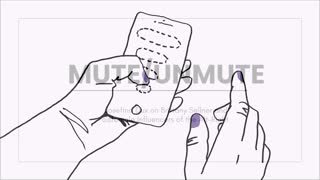
-
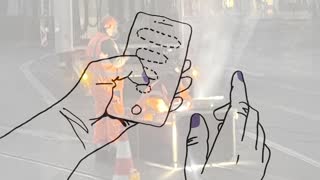
-
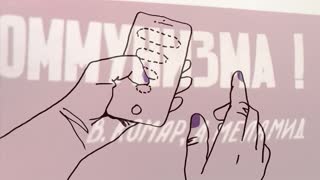
-
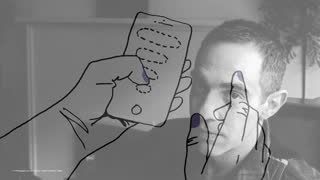
-
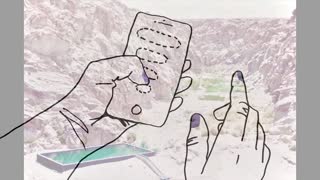
-
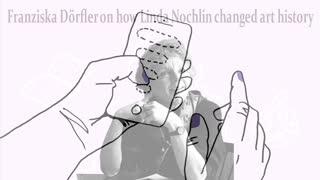
-
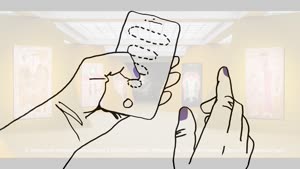
-
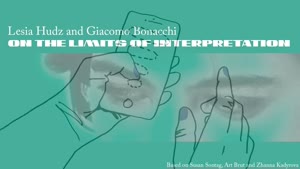
-
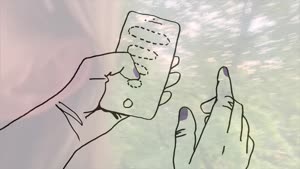
-

-
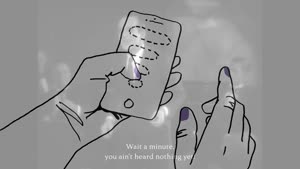
-
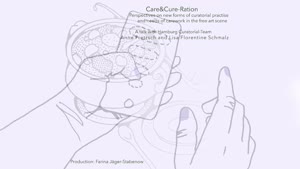
-

-
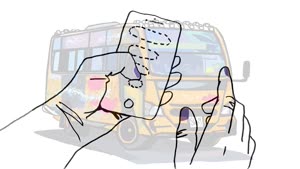
-
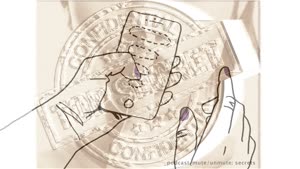
-
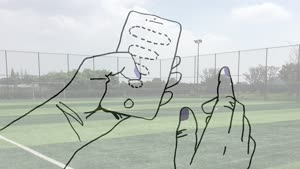
-
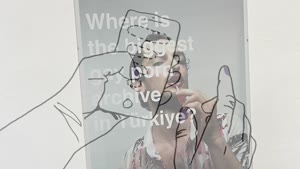
-

-
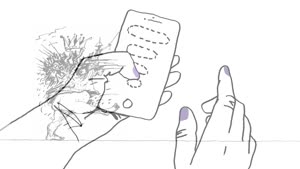
-
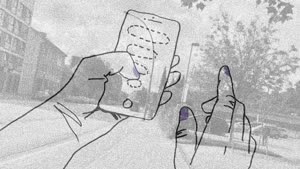
-
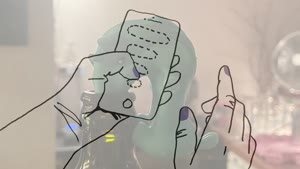
-
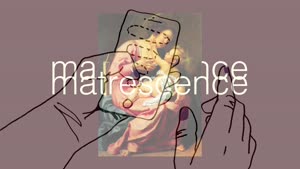
-

-
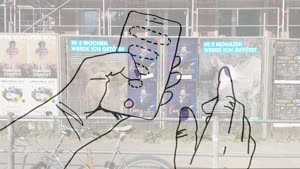
-
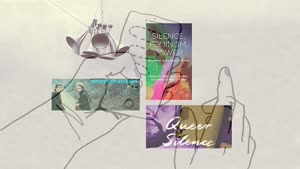
-
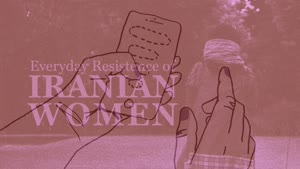
-
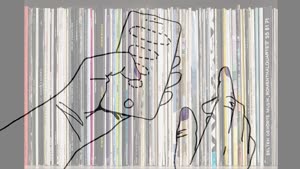
-
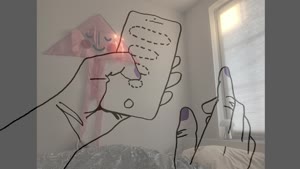
-
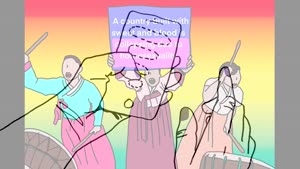
-

-
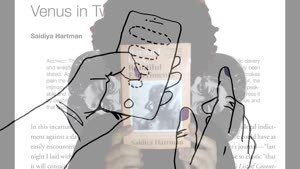
-
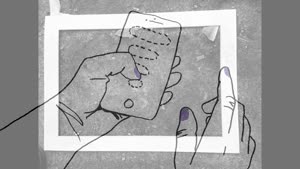
-
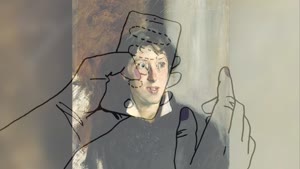
-
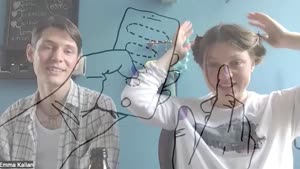
-
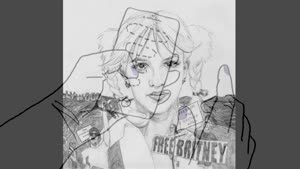
-
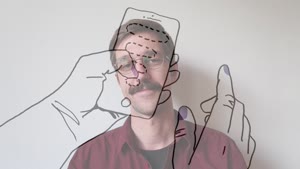
-
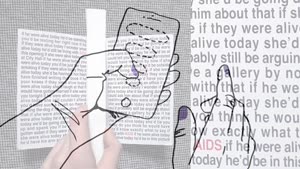
-
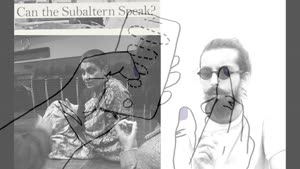
-
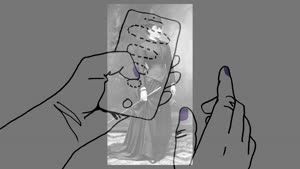
-
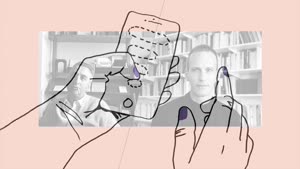
-
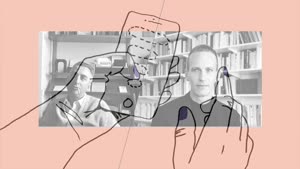
-
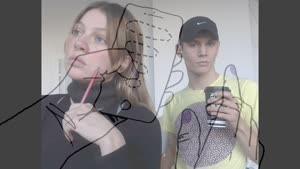
-
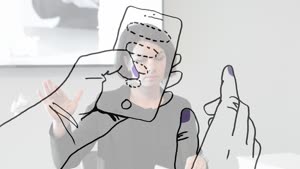
-
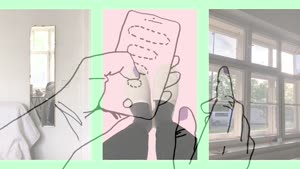
-
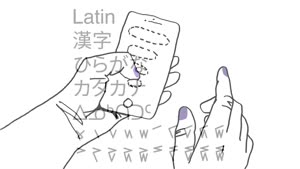
-
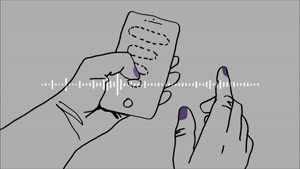
-
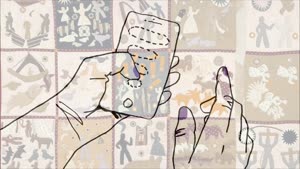
-
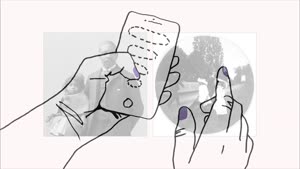
-

-
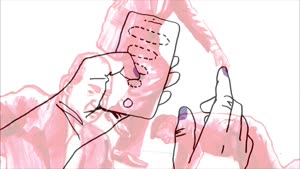
-
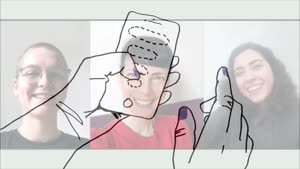
-
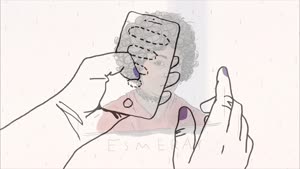
-
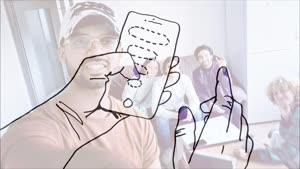
-
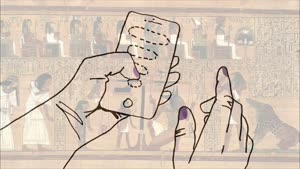
-
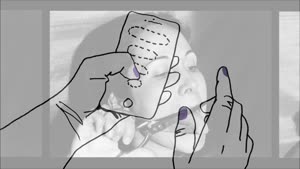
-

-
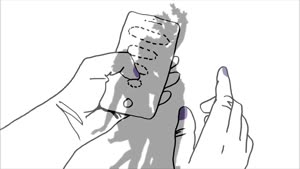
-
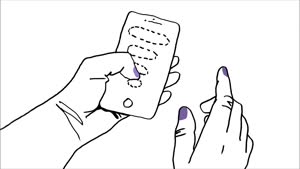
-
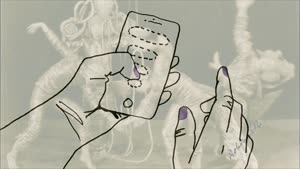
-
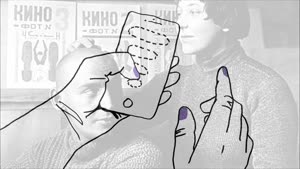
-
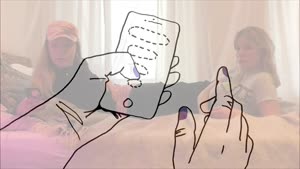
-
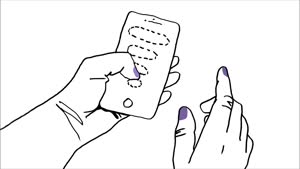
-
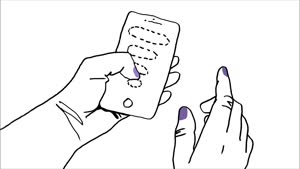
-
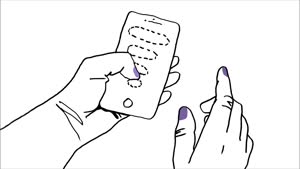
-
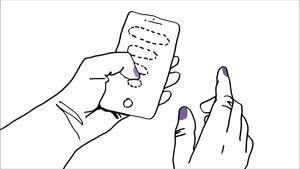
-
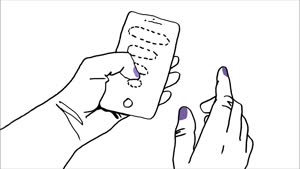 12.11.2020
12.11.2020Podcast: Mute/Unmute #1 - Philip Guston
